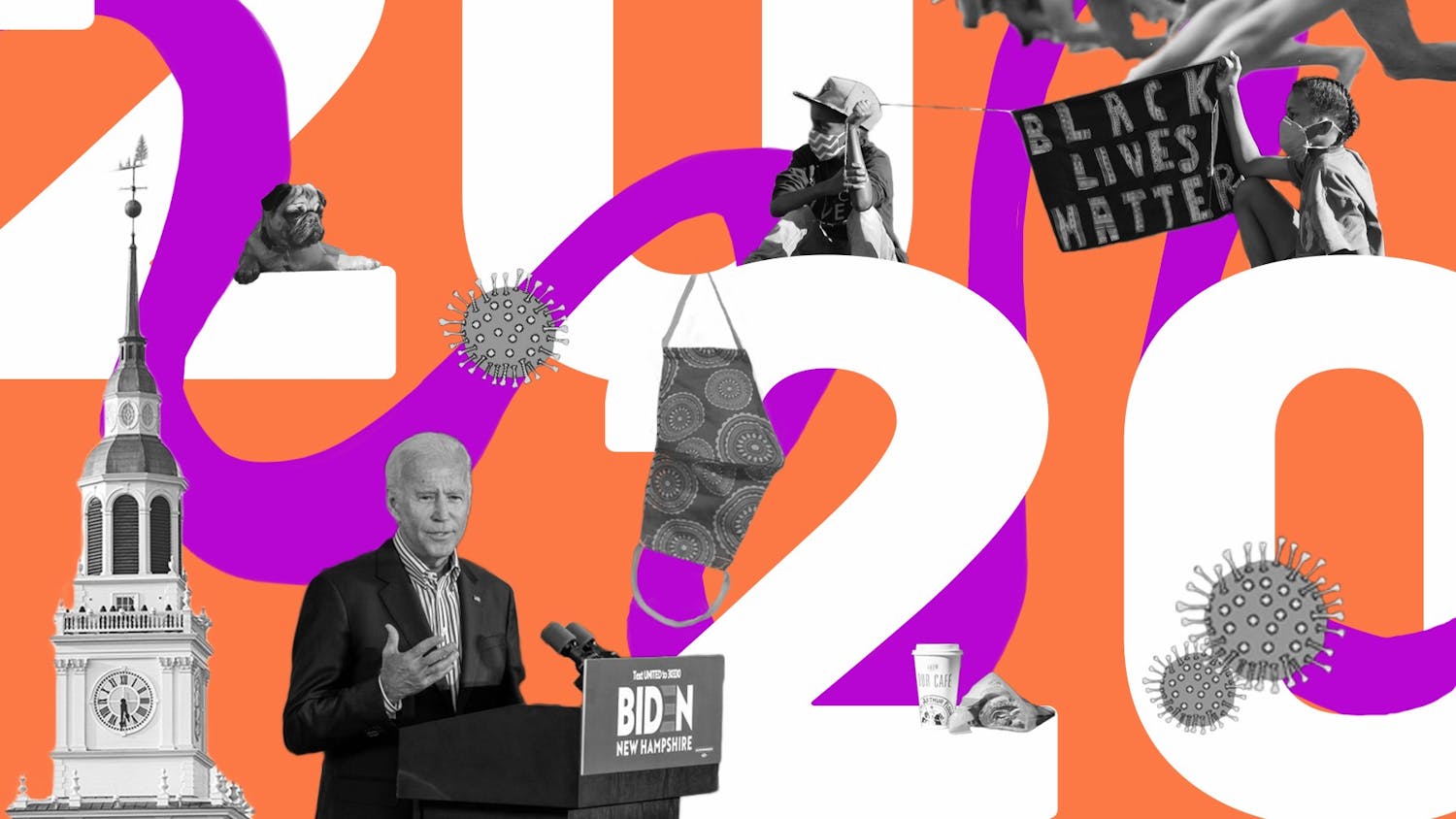As on-campus students approach the middle of winter term, COVID-19 still maintains a presence in Hanover. The current number of active cases among students sits at 10. This number, while seemingly low, is relatively high compared to the numbers throughout fall term. Even with a vaccine in sight, outbreaks are still possible. Contact tracing — tracking where someone who has tested positive went, with whom and for how long — is often key to mitigating the spread of cases. Contact tracing has always been a part of the administration’s plan to prevent the spread of COVID-19, but with one change, it can become much more effective. In order to best protect the health of the community, Dartmouth should institute an amnesty policy for students involved in contact tracing after a student tests positive.
An amnesty policy would help eliminate the incentive to be dishonest during contact tracing. When being questioned for tracing, students are likely to lie about who they’ve been with and when in order to avoid admitting to breaking the school’s COVID-19 guidelines. Few students would knowingly rat out their friends, and without amnesty, they are unlikely to name many contacts if they or the people they contacted broke College rules. Students are disincentivized, through fear of punishment, from being honest and thorough in their cooperation with contact tracers.
An amnesty policy for students caught breaking COVID-19 restrictions through contact tracing would be a positive tool in preventing the spread of COVID-19. The release of an official College policy to this effect would clear the air and reduce the incentive to lie.
I recognize that the administration has instituted new policies aimed to make socializing while still following COVID-19 guidelines easier. There are fire pits and a skating rink set up on the Green, and students are now allowed into dorms other than their own. Following the rules has become less difficult than in the fall.
That being said, while I don’t condone breaking COVID-19 guidelines, it would be unrealistic to believe that some students aren’t going to break the rules anyway. The College should incorporate that reality into its strategy. The thought process shouldn’t be, “How do we stop students from breaking the rules, and how do we punish them if they do?” Rather, it should be, “As much as we try to stop students from breaking the rules, they are going to anyway, and how can we get as much information as possible in those situations to help prevent a breakout?”
Yes, the proposed amnesty policy would let some students off the hook. Students who violate the guidelines should be aware of the risks they create and should be ready to bear the consequences of doing so. I understand and believe in the importance of making people face consequences for their actions, but I also believe that keeping people healthy is the priority that trumps all else at the moment. The administration must be realistic and recognize that it can’t afford to make punishing people for their actions the main priority right now — not when people’s health, and potentially their lives, are on the line. The main goal of the administration should be to keep its students, faculty and the Hanover community safe, and ensuring that students will honestly participate in contact tracing is a part of that.



